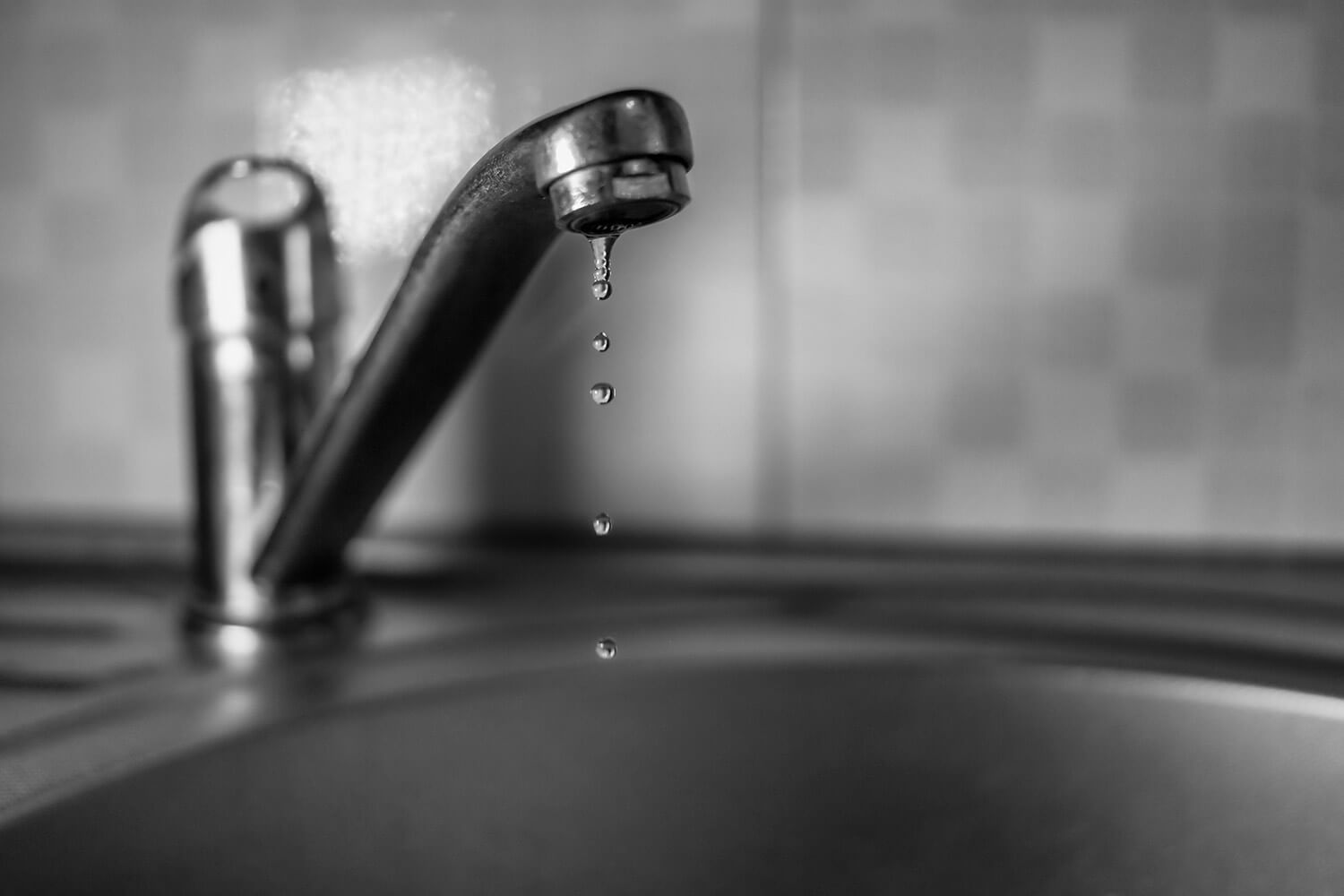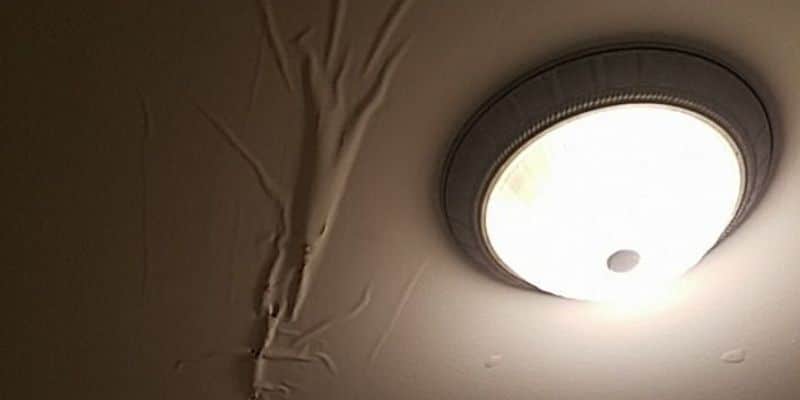Your Residential Most Typical Leak Factors: Analysis
Your Residential Most Typical Leak Factors: Analysis
Blog Article
This great article in the next paragraphs involving How to detect water leaks in your home is totally stimulating. You should keep reading.

Leaks not only cause waste of water but can additionally cause unneeded damage to your house and also advertise undesirable natural development. Water leaks might go undetected considering that many of the pipework in our house is concealed. By looking as well as recognizing for everyday situations that trigger leakages, you can safeguard your house from future leakages and also unnecessary damages. Today, we will certainly look at six leak causes that might be causing your pipelines to leak.
Elbowing in origins
The majority of water leakages start outside your home as opposed to inside it. If you observe an unexpected decrease in water stress, claim in your tap, take some time to go out and analyze your backyard. You might see wet spots or sinkholes in your lawn, which could mean that tree roots are invading water lines creating water to seep out. You can have your plumber look for intrusion, specifically if you have trees or shrubs near your home.
Corroded water systems
This could be the cause of discoloration or bending on your water pipes. If our plumbing system is old, think about changing the pipes because they are at a greater threat of corrosion than the newer designs.
Malfunctioning Pipe Joints
Pipe joints can weaken over time, resulting in water leaks. If you have noisy pipes that make ticking or banging noises, especially when the warm water is transformed on, your pipeline joints are probably under a lot of stress.
Immediate temperature changes.
Extreme temperature level adjustments in our pipes can trigger them to increase and acquire all of a sudden. This expansion and contraction may trigger splits in the pipelines, especially if the temperature are below freezing. It would be best if you kept an eye on how your plumbing works. The presence of the formerly mentioned circumstances frequently shows a high threat.
Poor Water Connectors
At times, a leakage can be created by loosened pipes and also pipelines that supply your home appliances. In situation of a water connections leak, you might see water running straight from the supply line or puddles around your appliances.
Obstructed Drains
Obstructed drains could be frustrating and inconveniencing, however they can often wind up creating an overflow resulting in break pipelines. Maintain removing any kind of materials that might go down your drains pipes that can clog them to avoid such troubles.
All the above are sources of leaks yet not all water leaks arise from plumbing leaks; some leaks may originate from roofing system leakages. All leakages should be repaired promptly to stay clear of water damage.
Leaks not only cause waste of water however can likewise trigger unneeded damages to your house as well as advertise undesirable organic growth. By comprehending as well as looking for daily situations that cause leakages, you can shield your residence from future leaks and unneeded damages. Today, we will look at six leakage creates that may be triggering your pipelines to trickle.
At times, a leak can be caused by loosened hose pipes and pipes that supply your home appliances. In situation of a water links leakage, you might notice water running directly from the supply line or puddles around your appliances.
How To Check For Water Leak In Your Home
How To Check for Leaks
The average household's leaks can account for nearly 10,000 gallons of water wasted every year and ten percent of homes have leaks that waste 90 gallons or more per day. Common types of leaks found in the home are worn toilet flappers, dripping faucets, and other leaking valves. These types of leaks are often easy to fix, requiring only a few tools and hardware that can pay for themselves in water savings. Fixing easily corrected household water leaks can save homeowners about 10 percent on their water bills.
To check for leaks in your home, you first need to determine whether you're wasting water and then identify the source of the leak. Here are some tips for finding leaks:
Take a look at your water usage during a colder month, such as January or February. If a family of four exceeds 12,000 gallons per month, there are serious leaks.
Check your water meter before and after a two-hour period when no water is being used. If the meter changes at all, you probably have a leak.
Identify toilet leaks by placing a drop of food coloring in the toilet tank. If any color shows up in the bowl after 10 minutes, you have a leak. (Be sure to flush immediately after the experiment to avoid staining the tank.)
Examine faucet gaskets and pipe fittings for any water on the outside of the pipe to check for surface leaks.
Undetected water leaks can happen without the home or business owner even realizing. If you suspect a water leak, but not able to find the source. It is time to contact a professional water leak detection service, The Leak Doctor.
How To Find a Water Leak In Your Home
https://www.leakdoctor.com/blog/How-To-Check-For-Water-Leak-In-Your-Home_AE197.html

Hopefully you liked our part on How Fast Water Damage Can Ruin Your Home. Thank you so much for spending some time to read our article post. So long as you enjoyed reading our page please make sure you remember to pass it around. Thanks a lot for your time. Visit us again soon.
Plumbing excellence awaits. Report this page